Israeli Prime Minister Benjamin Netanyahu has signalled that while a ceasefire in Gaza may be within reach, Israel’s patience has limits. Speaking amid the first-phase peace talks brokered by US President Donald Trump, Netanyahu warned that if Hamas refuses to disarm voluntarily, Israel will ensure it happens “the hard way.”
The announcement comes as the two-year conflict in Gaza, which has devastated the region and claimed tens of thousands of lives, appears poised for a temporary pause. Trump’s diplomacy, backed by sustained pressure from the United States, Egypt, Qatar and Turkey, has been credited with securing an agreement on the first phase. This initial deal would see the release of the remaining living Israeli hostages in exchange for hundreds of Palestinian prisoners held by Israel.
However, Netanyahu’s warning underscores the fragility of the arrangement. “Hamas will be disarmed, either the easy way or the hard way,” he said, emphasising Israel’s demand for the militant group to relinquish its military capabilities, including its network of tunnels and weapons stockpiles. The Israeli leader also expressed gratitude to Trump for exerting what he called “massive diplomatic pressure” on Hamas, a move that facilitated the breakthrough.
While details of the partial withdrawal of Israeli troops remain confidential, sources suggest that Israeli forces will pull back from certain populated areas in Gaza, though key buffer zones may remain until guarantees of Hamas’ disarmament are fully verified. Hamas, in turn, has agreed to release 20 remaining hostages and provide the remains of about 28 others who died during captivity, though logistical delays are expected.
Hostage, prisoner releases
Israel said the final draft of the first phase of a ceasefire deal had been signed by all parties, and included an agreement for the release of all hostages held in Gaza, both living and deceased.
Impact Shorts
More ShortsOf the 251 people abducted during Hamas’s October 7, 2023 attack, which sparked the war in Gaza, militants still hold 47, including 25 the Israeli military says are dead.
In exchange, Israel will release nearly 2,000 Palestinian prisoners: 250 of whom are serving life sentences, and 1,700 others detained since the start of the war, a top Hamas official told AFP, speaking on condition of anonymity.
There has been no indication that Israel will disclose the names of those set for release.
Prisoner lists
A key point in the negotiations was a list of Palestinian prisoners submitted by Hamas, whom it wants released from Israeli jails in the truce’s first phase.
High-profile inmate Marwan Barghouti – from Hamas’s rival, the Fatah movement – is among those the group wanted to see released, according to Egyptian state-linked media.
But Israel said Barghouti – a figure sometimes called the “Palestinian Mandela” by supporters, but considered a terrorist by Israel – would not be part of the exchange.
Aid
A daily minimum of 400 trucks of aid will enter the Gaza Strip for the first five days of the ceasefire, to be increased in following days, the Hamas source said.
The Egyptian Red Crescent said an initial 153 trucks were headed into Gaza via the Rafah border crossing.
The World Health Organisation chief, Tedros Adhanom Ghebreyesus, said his agency was prepared to “scale up its work to meet the dire health needs of patients across Gaza, and to support rehabilitation of the destroyed health system”.
The deal also provides for the “return of displaced persons from the south of the Gaza Strip to Gaza (City) and the north immediately”, the Hamas source said.
‘Scheduled withdrawals’
Israel said its military would redeploy to an agreed-upon “yellow line” within 24 hours.
The deal stipulates “scheduled withdrawals” of Israeli troops, the Hamas official said, and includes “guarantees from President Trump and the mediators”.
Key questions remain
Trump’s 20-point peace plan, on which the indirect negotiations were based, calls for the disarmament of Hamas and for post-war Gaza to be ruled by a transitional authority headed by Trump himself.
But these points are yet to be addressed.
Senior Hamas official Osama Hamdan said the Palestinian Islamist movement rejected the planned transitional authority.
“No Palestinian would accept this. All the factions, including the Palestinian Authority, reject this,” Hamdan told Qatar-based broadcaster Al Araby.
Trump said the issue of Hamas surrendering its weapons would be addressed in the second phase of the peace plan.
“There will be disarming,” he told reporters, adding there would also be “pullbacks” by Israeli forces.
Palestinian president Mahmud Abbas said he hoped the Gaza deal could lead to the establishment of an independent Palestinian state.
But Netanyahu and members of his cabinet have repeatedly vowed to prevent that from happening.
What next?
Israel’s security cabinet was due to discuss the plan Thursday at 1400 GMT, followed by a full government meeting an hour later.
The ceasefire will take effect “within 24 hours” of the security cabinet meeting, Israeli government spokeswoman Shosh Bedrosian told journalists.
“All of our hostages, the living and the deceased, will be released 72 hours later, which will bring us to Monday,” she said.
A Hamas official said negotiations for the second phase of the ceasefire would begin “immediately”.
Negotiations in the Egyptian resort town of Sharm El-Sheikh have been taking place under lock and key in a conference centre.


)
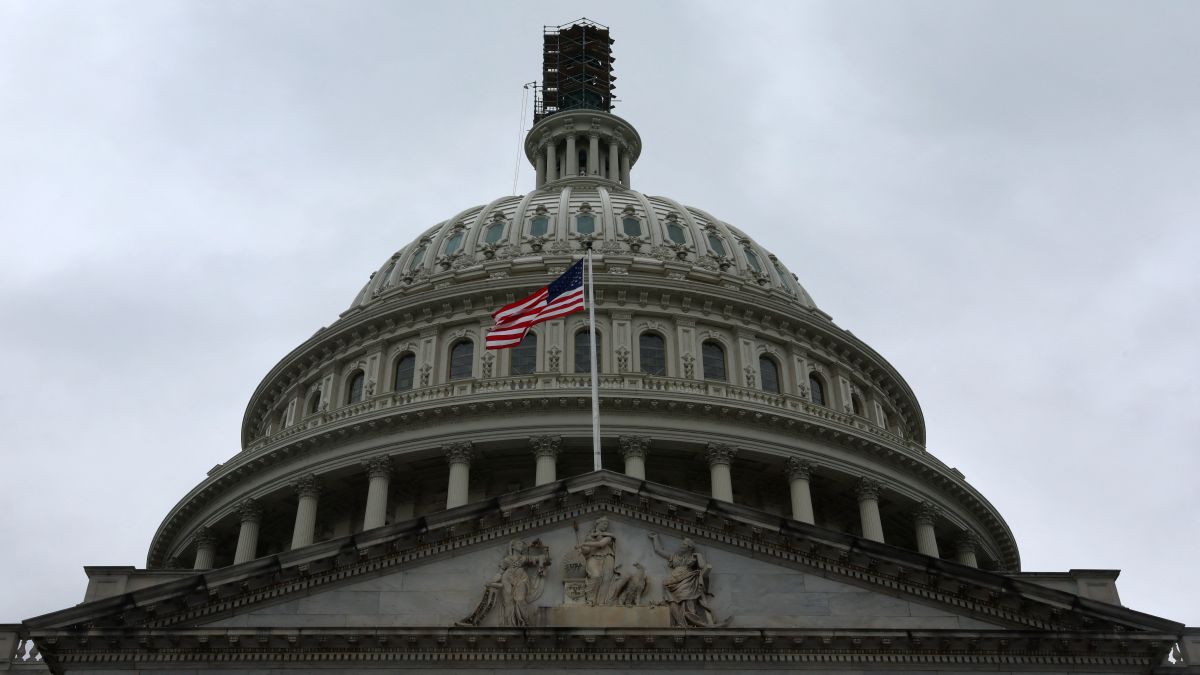
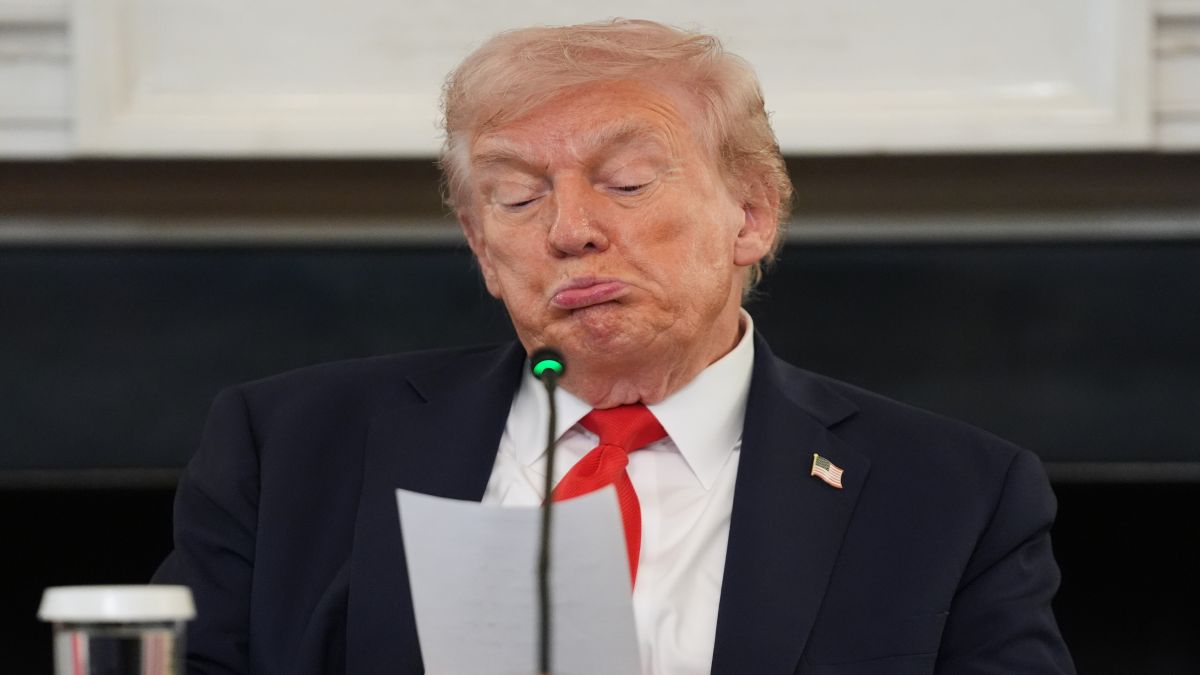)
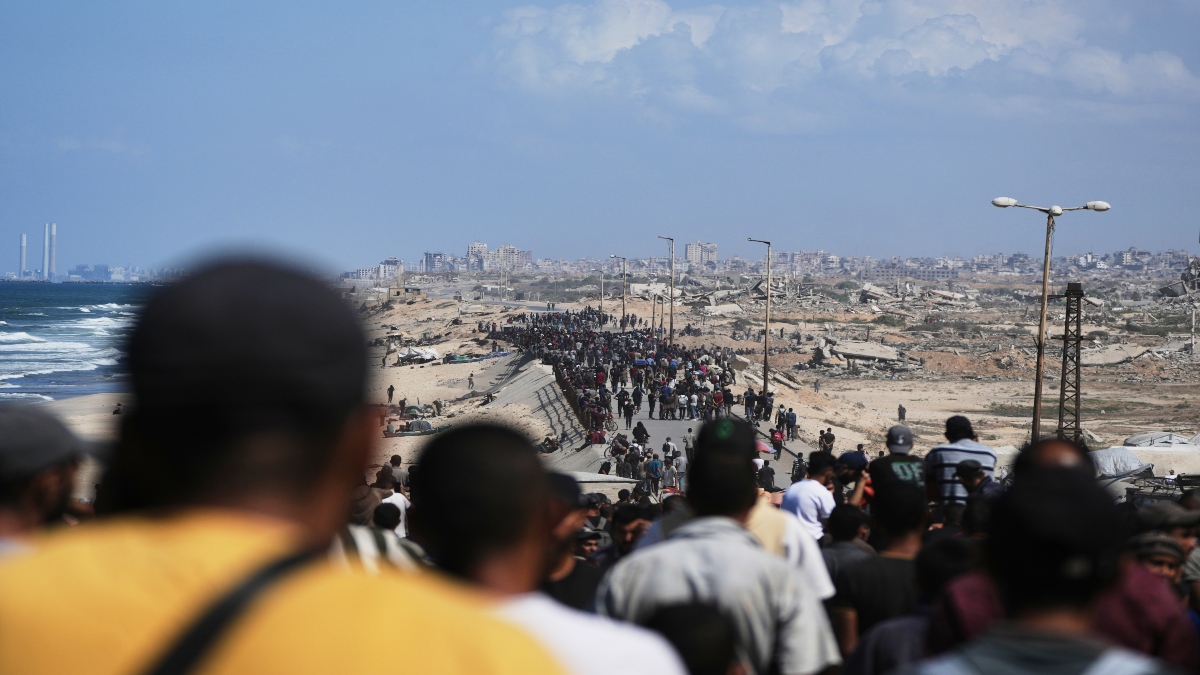)
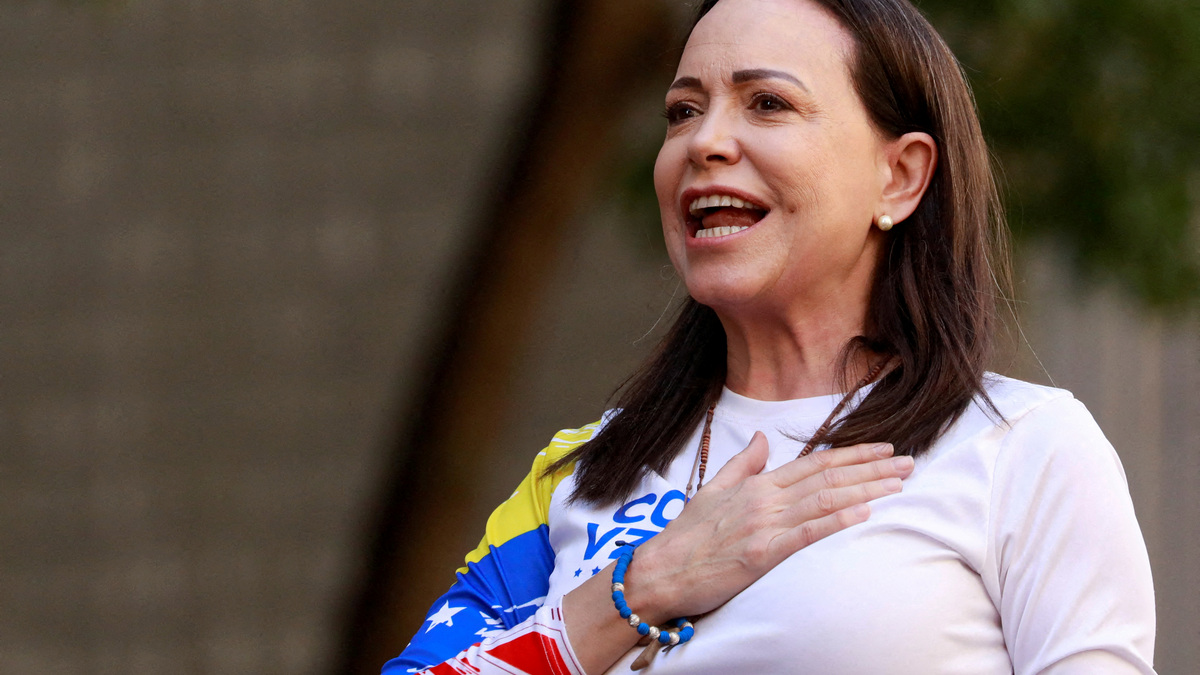)
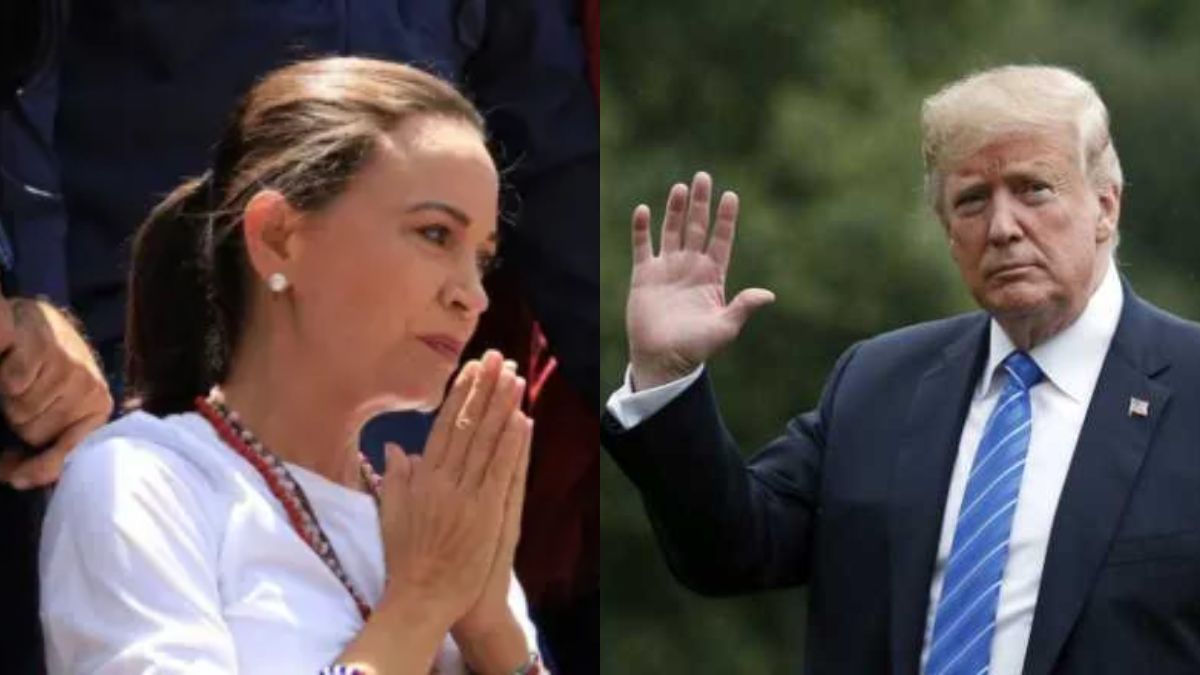)
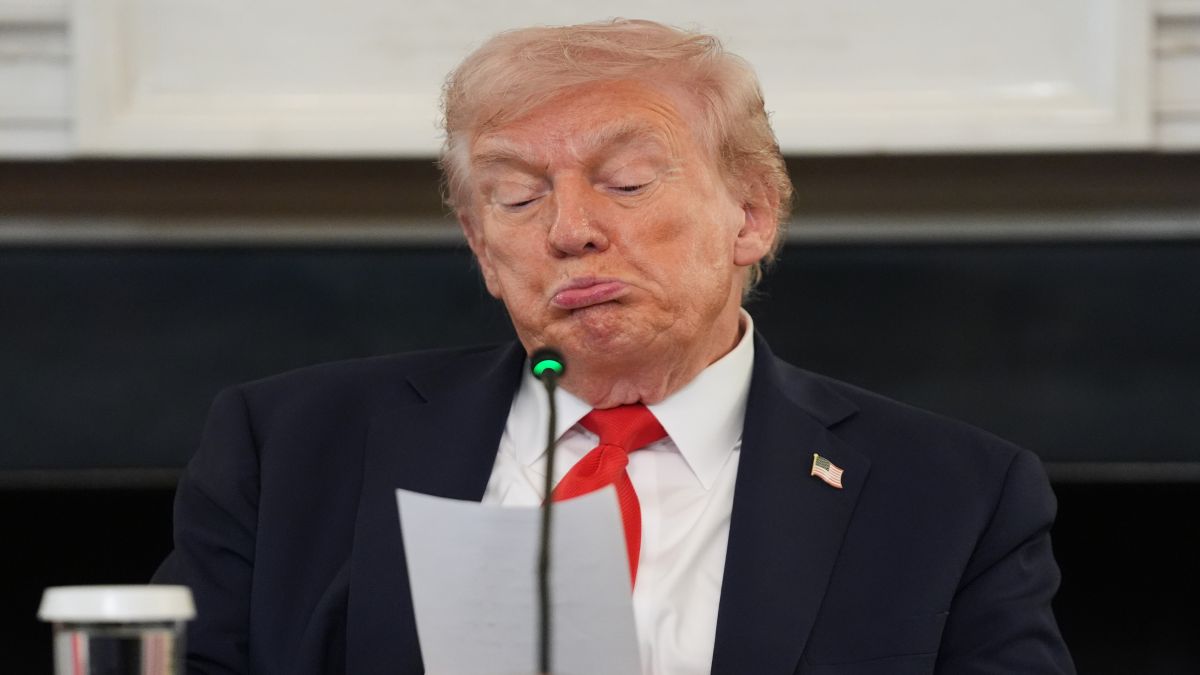)
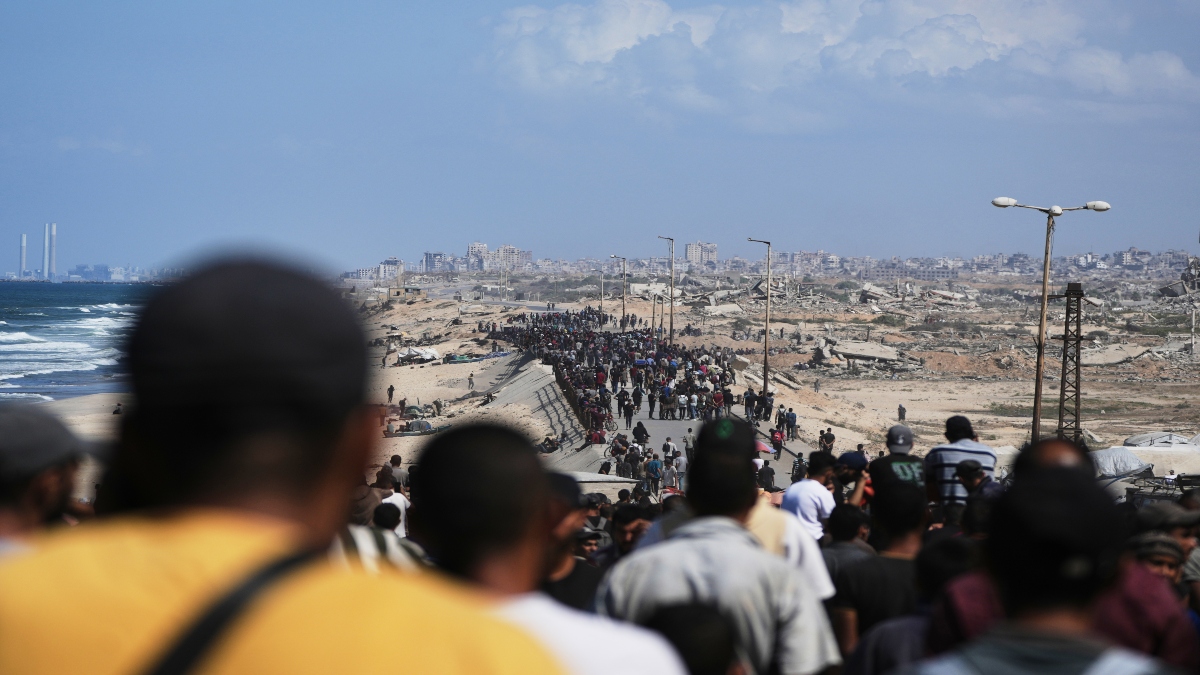)
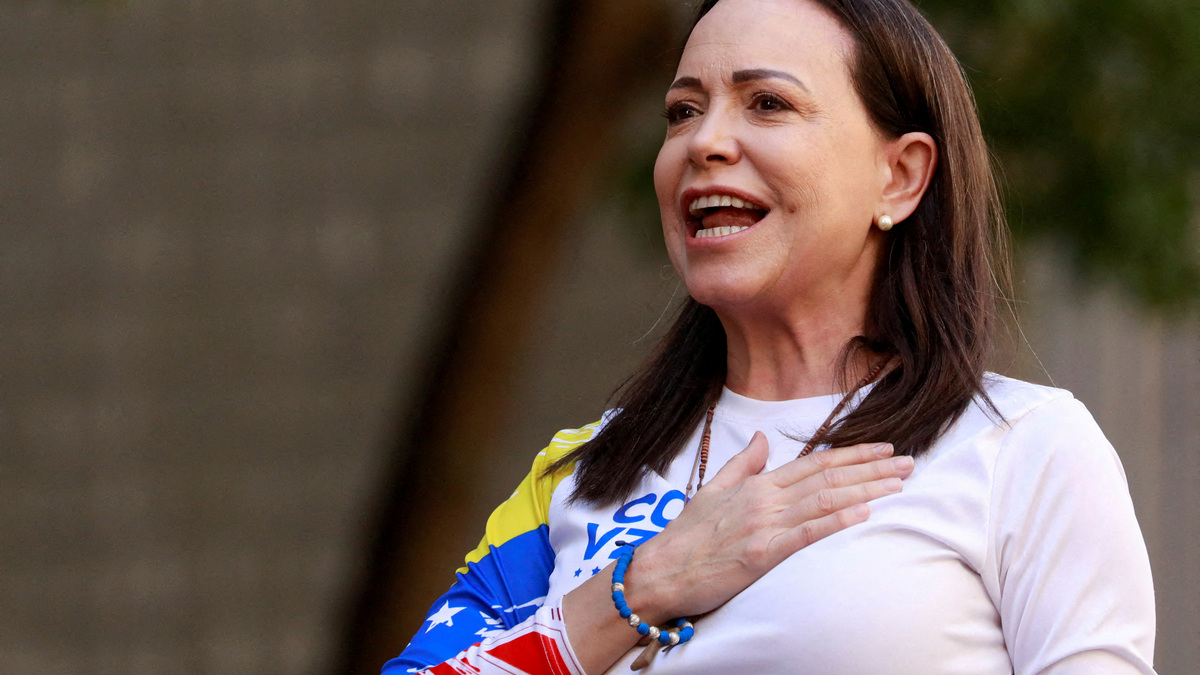)
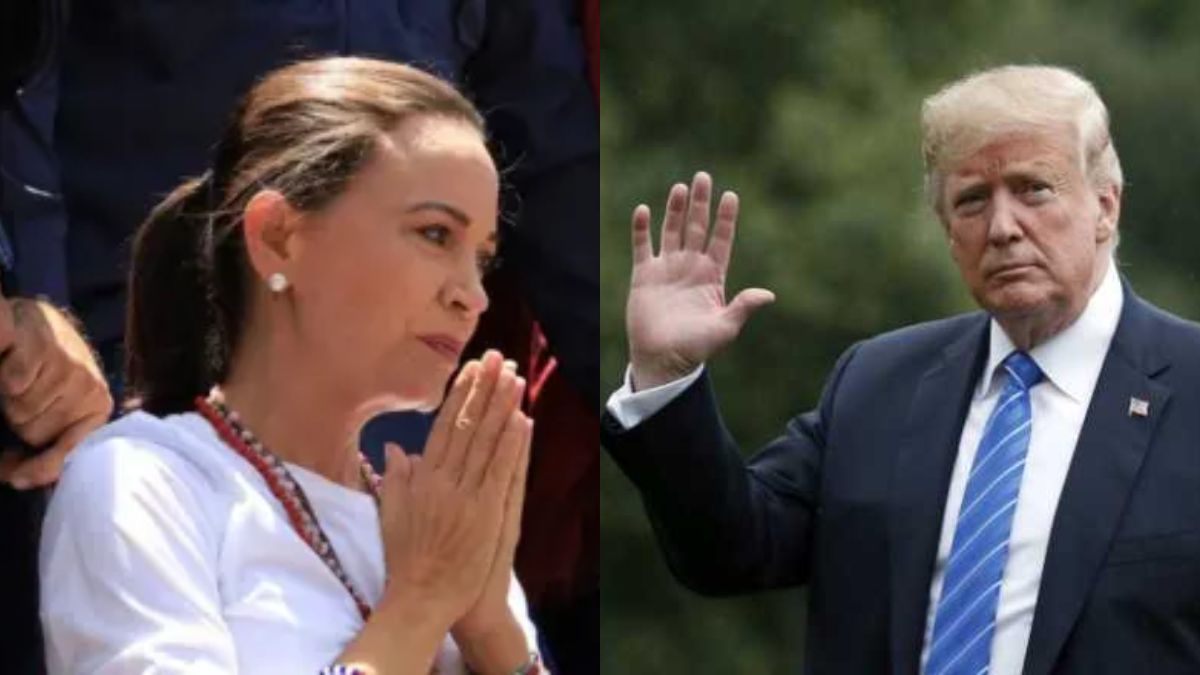)



